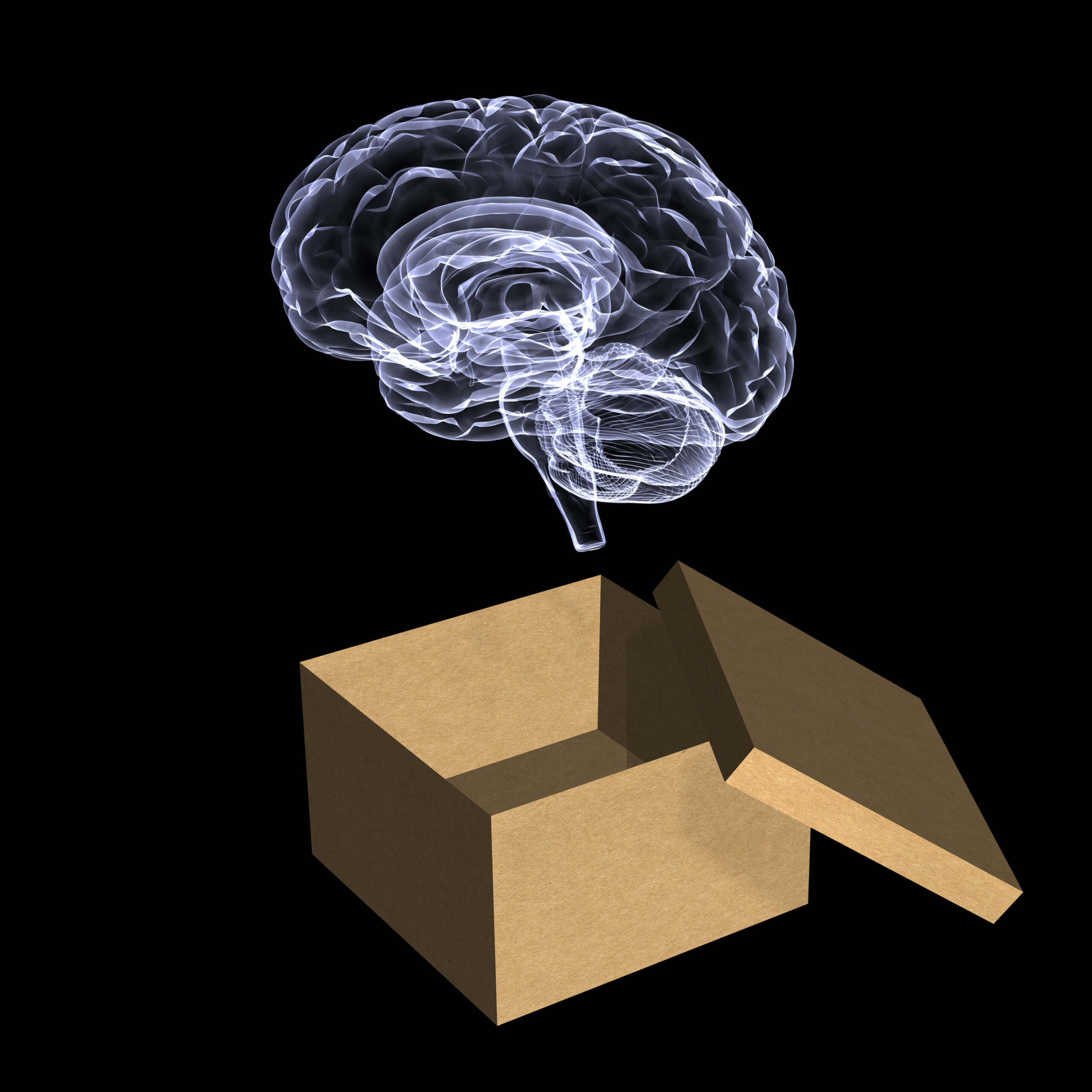featured
-

Putting it in print: GENERATION HD1 study results published
Data from GENERATION HD1, the Phase 3 clinical trial testing the huntingtin-lowering drug tominersen, have just been published in a scientific journal. The trial ended a while back, so why is this an important milestone, and what’s next?
-

Regulating repetition: Gaining control of CAG repeats could slow progression of Huntington’s disease
Many diseases are caused by repetitive DNA sequences. Understanding the regulation of those repetitive sequences may hold the key for unlocking therapeutics for Huntington’s disease. A team from Toronto has just advanced our understanding.
-

Beyond huntingtin lowering: out-of-the-box approaches for the treatment of HD
The HD pipeline is rich and varied. Let's talk about some out-of-the-box approaches for developing drugs for HD that don't involve huntingtin lowering.
By Kelly Andrew -

Getting to the Root of Huntington's Disease: A Plant-Based Approach
Researchers used plants to study how to stop the Huntington’s disease protein from forming toxic clumps
-

Could halting CAG expansions be a new treatment for HD?
The gene MSH3 is getting a lot of attention in HD research lately. New findings suggest MSH3 lowering could halt CAG repeat expansions, offering a new therapeutic avenue.
-

Tipping the balance; new insights into HD genetic modifiers
A new study from researchers at Thomas Jefferson University delves into the details of how genetic modifiers of Huntington’s disease work.
-

Drug to treat movement symptoms of HD approved by FDA
The FDA has approved valbenazine, also known as INGREZZA, as a treatment for the movement symptoms of Huntington’s disease
-

Youthful competitors: young brain cells oust the old
Replacing cells with HD in the brain could be an effective treatment strategy. Recent work shows that glia injected into mouse brains take over and oust the older cells, but for a surprising reason – because of age, not HD!
-

Huntington’s disease therapeutics conference 2023 – Day 3
Check out research updates from Day 3 of the 2022 HD Therapeutics Conference #HDTC2023
-

Huntington’s disease therapeutics conference 2023 – Day 2
Check out research updates from Day 2 of the 2022 HD Therapeutics Conference #HDTC2023